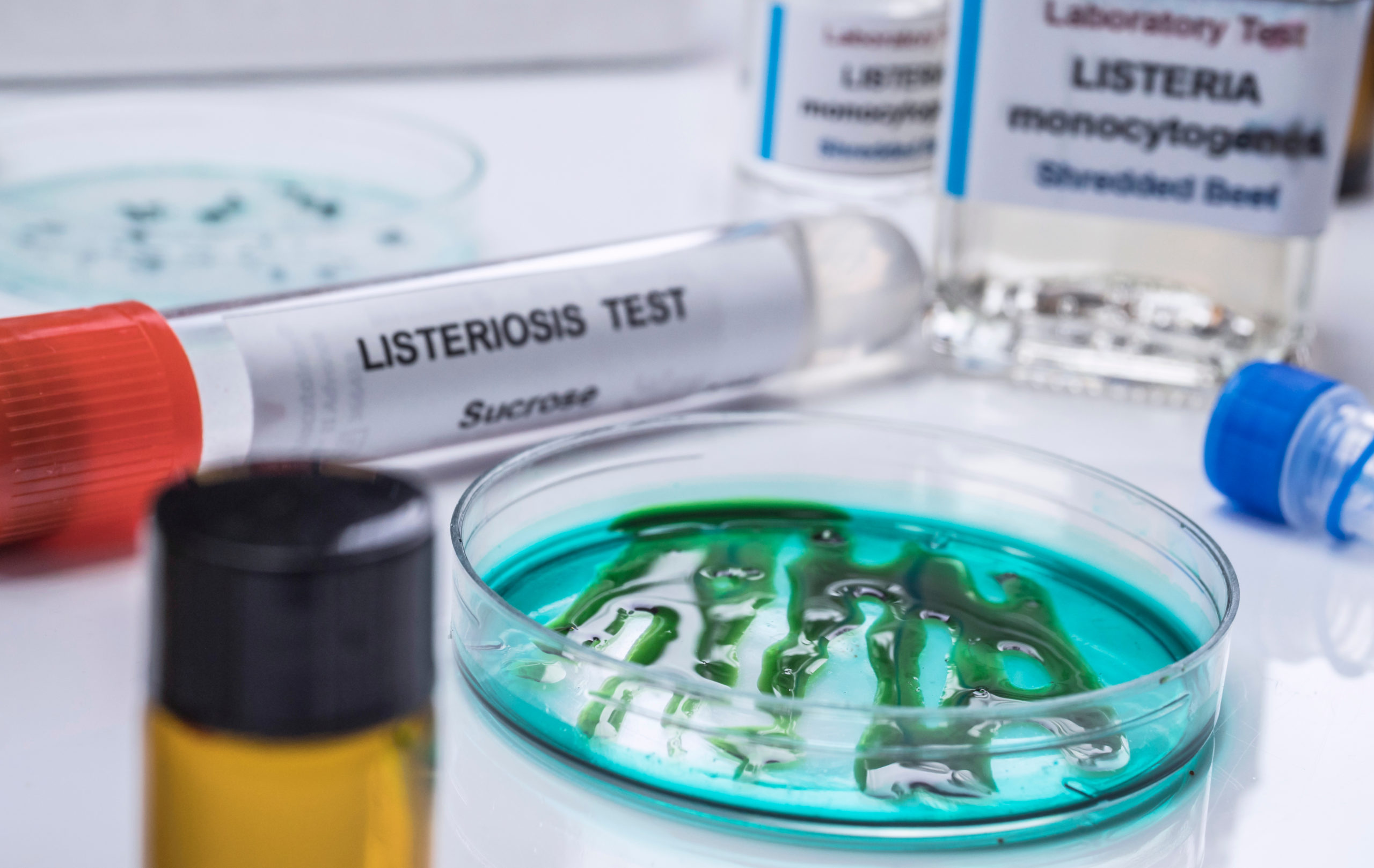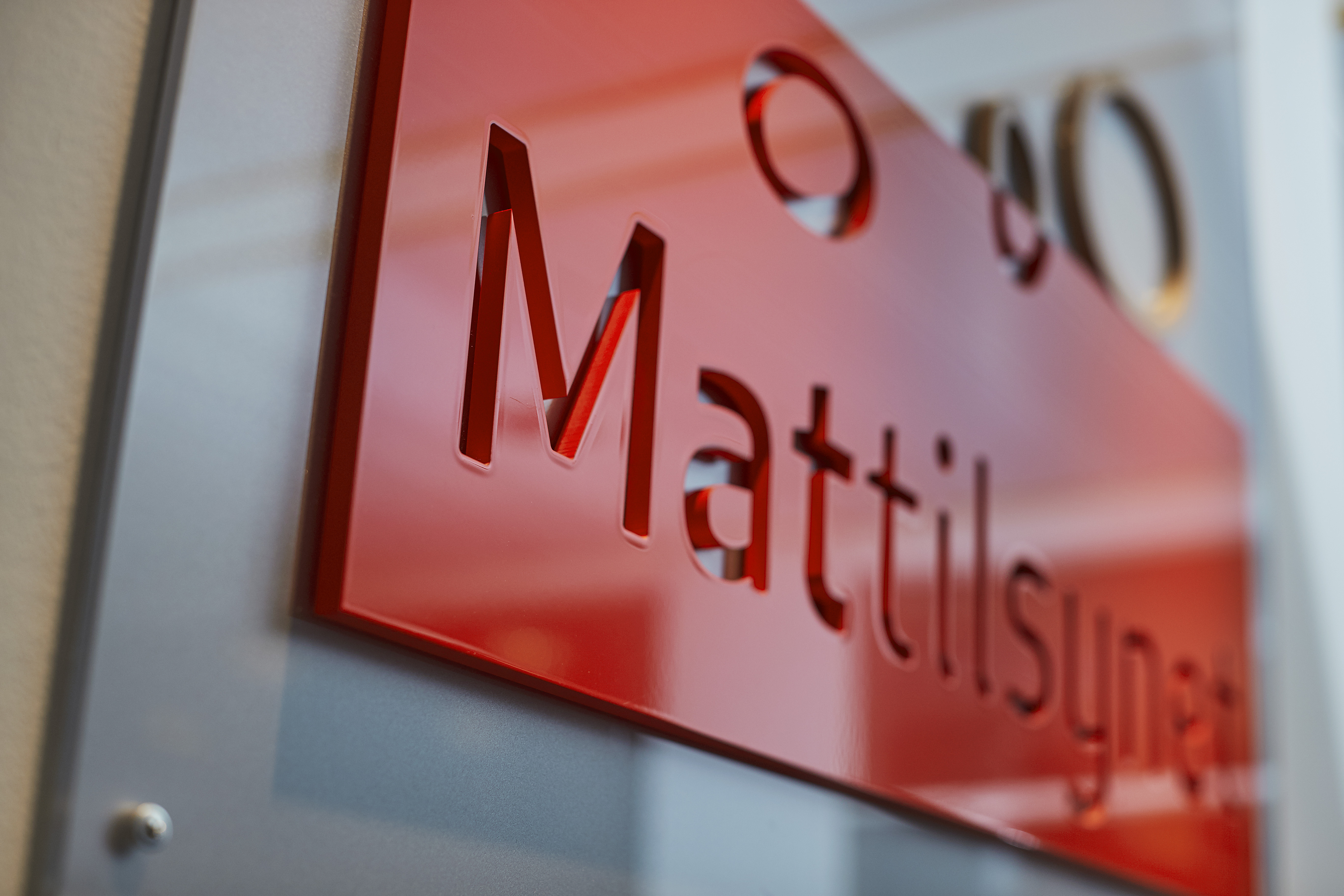Lerøy outlines action over listeria issues

The Lerøy Seafood Group has issued a statement outlining how it plans to combat the company’s recent listeria problems.
The issue appears to centre around a slaughterhouse at Lerøy Midt from where a number of cases have been reported.
In December it was reported that Lerøy’s salmon and game supply business, Laks & Vilt (Salmon & Game) in Oslo, had discovered the Listeria monocytogenes bacteria in a batch of gravlax, and earlier in the year there were some cases reported in Sweden involving Lerøy producrs.
Lerøy CEO Henning Beltestad said the company has always focused on minimising occurrences by providing accurate and comprehensive information to its customers and the public authorities. He added that Lerøy is working with the Norwegian Food Safety Authority, Mattilsynet, on the problem.
He said: “In our operations, we have always focused on minimising the occurrence of listeria and providing accurate and comprehensive information to our customers and public authorities.
“We have an integrated value chain for salmon production, which gives us the best conditions to ensure safe and healthy products for consumers.
“Lerøy and the Norwegian Food Safety Authority share a common interest in combating listeria in the best possible way.
“Therefore, we seek open and constructive dialogue with the Food Safety Authority to find good solutions where both parties are confident that food safety is well maintained.”
He said one of the most important measures is an extensive sampling programme, covering surfaces in the factory, raw materials, and finished products. Lerøy Midt conducts between 8,000 and 10,000 samples annually in the factory premises and on equipment.
The company strategy is to search and find, and then take action, he added.
Beltestad said: “With such extensive sampling, listeria will be found over a period, which is natural as it is present everywhere in the environment around us.
“This is also the purpose, to be able to take action and reduce the risk of listeria appearing in products.
“When listeria is detected on fish, actions are taken, and non-conformance reporting is carried out.”

The CEO added that one of the most important measures is the company’s extensive sampling programme, covering surfaces in the factory, raw materials, and finished products. Lerøy Midt conducts between 8,000 and 10,000 samples annually in the factory premises and on equipment.
Lerøy says it has a detailed system for daily cleaning and disinfection of production facilities and non-conformance handling.
It also points out that the listeria bacterium is found everywhere in nature, and is harmless to most people. However, high concentrations can be dangerous for people with weakened immune systems or serious illnesses.
The listeria bacterium also multiplies over time which means ready-to-eat products that are long-lasting and not heat-treated, such as smoked salmon, cured salmon, charcuterie, and unpasteurised soft cheeses, are more susceptible to risk than other fresh products with a shorter shelf life.

